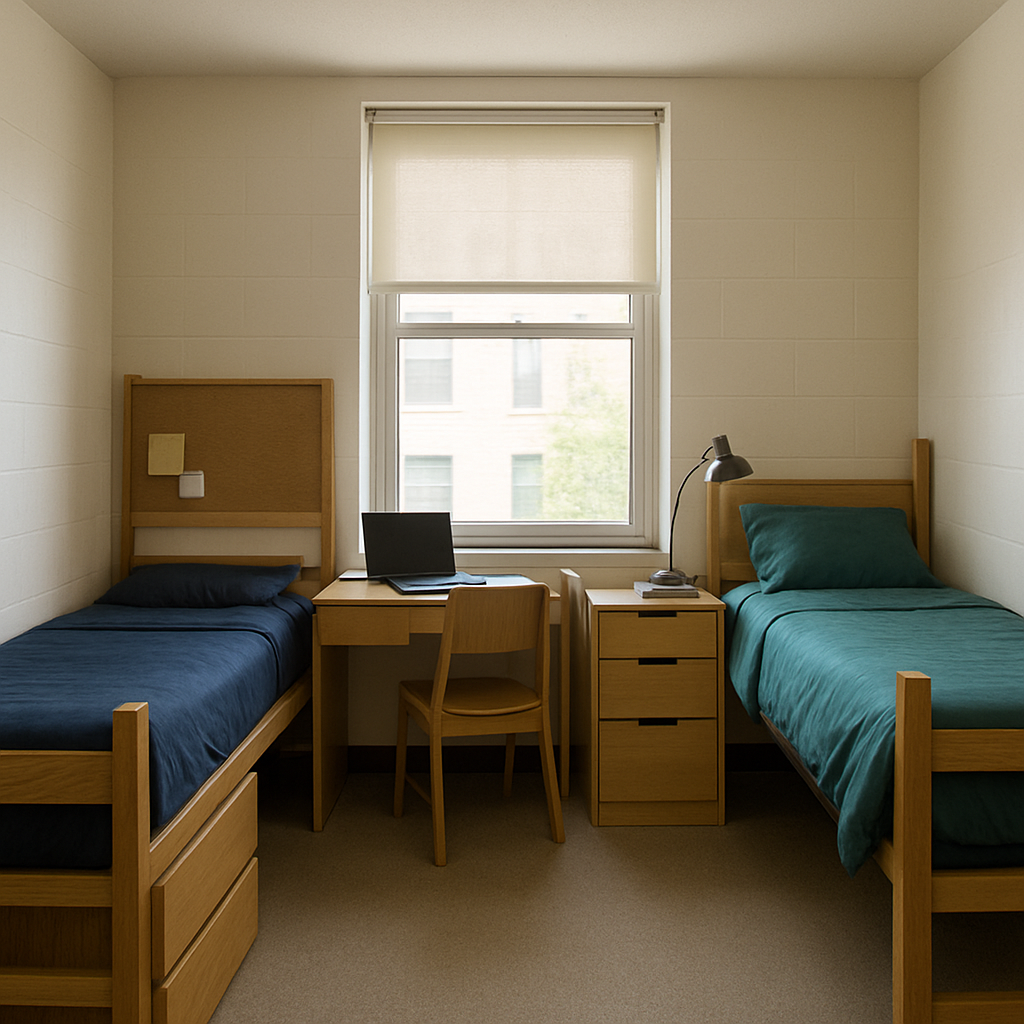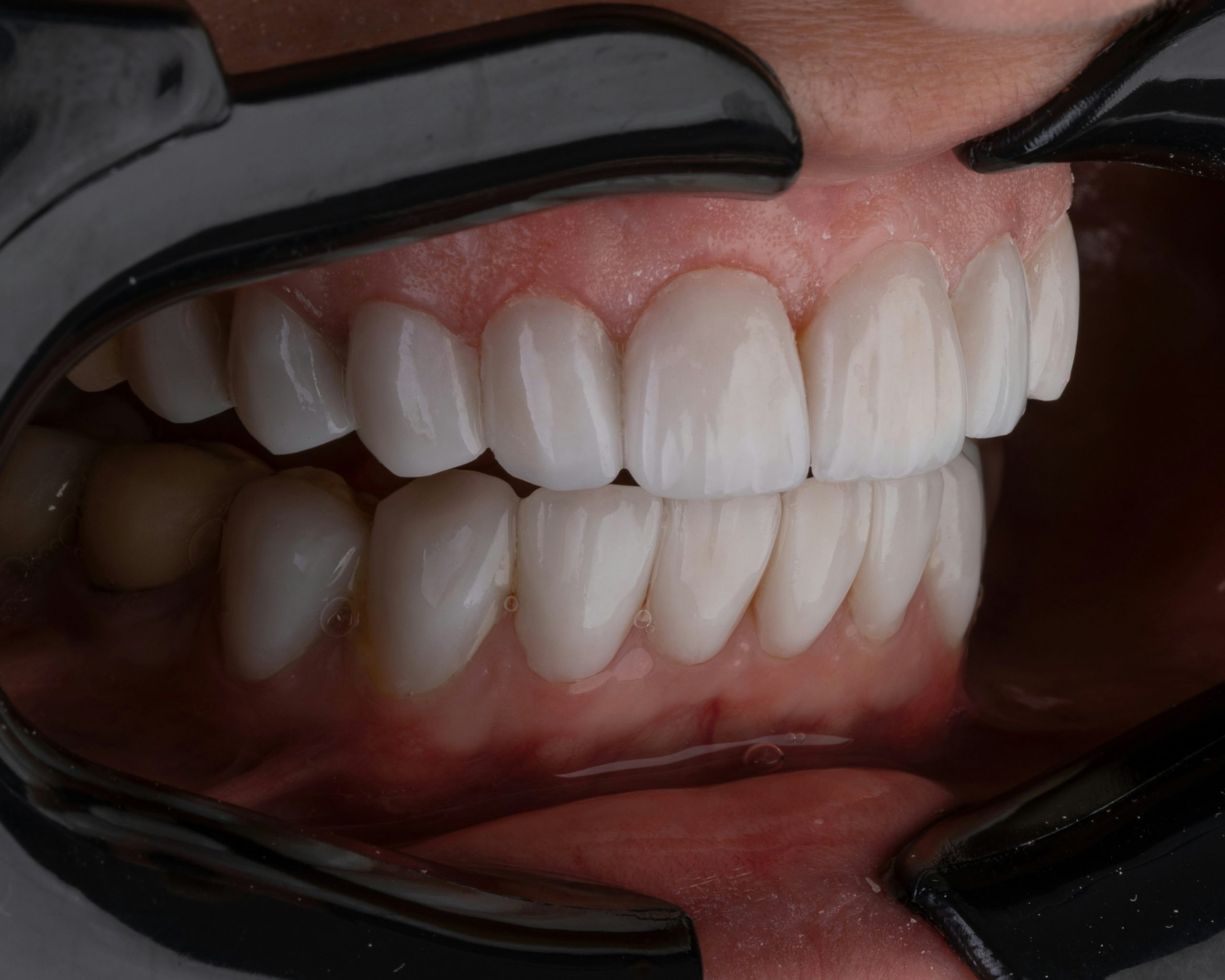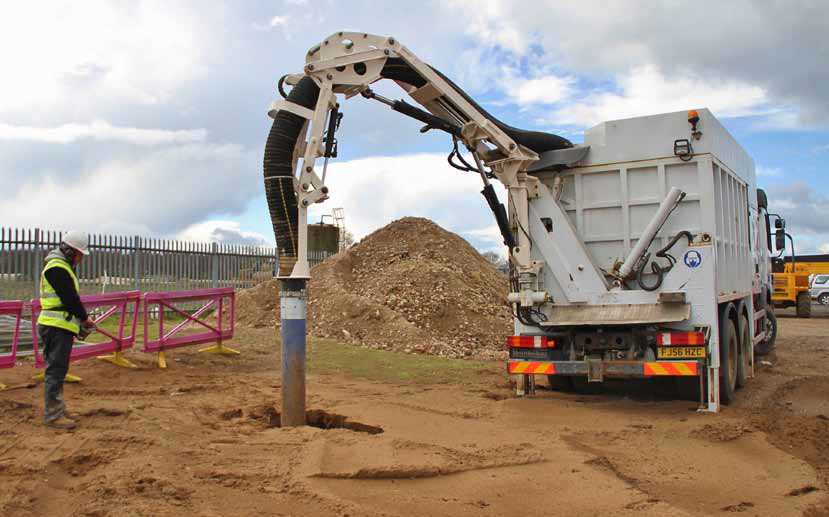Concrete blocks – there are more different types than you ever imagined
Wait – you mean there’s more than one type of concrete block? Who knew?
You’ve probably seen the ‘usual’ type of concrete block (what most people think of as a Besser block) – the type that everyone thinks of when they hear the words ‘concrete block’. We tend to see this type of block everywhere, as it’s a strong, adaptable and high-performing building choice.
However, it might surprise you to know that there’s literally dozens and dozens of different types of concrete blocks around, all sporting different sizes, shapes, colours, finishes and textures, and all used for a wide variety of purposes.
Here are just a few of the different types of concrete blocks you can find.
Solid concrete blocks
All concrete blocks fall into the primary block category of either hollow or solid. And as they sound, fully solid concrete blocks are … well, solid. Although technically, they are not necessarily completely solid. They are just more solid than their alternative – the hollow concrete block. Solid concrete blocks are structured like a brick, although they are larger in size than your typical brick.
They are also a little more expensive, as they offer a greater range of advantages than bricks provide. Their density makes them heavier than hollow concrete blocks, and they are useful when building structures that need to withstand heavy or prolonged forces (such as strong winds). They can be used in projects such as retaining walls, foundations, steps, garden walls, planters and firepits.
Tip: Need Outdoor pavers? Visit Stoneworks pavers.
Hollow concrete blocks
Hollow blocks are defined as those containing holes that take up more than a quarter (although usually more than half) of their cross-sectional area. Essentially, these blocks have one or more hollow cores. The purpose of leaving these blocks hollow is to:
- Make them lighter and easier to build with
- Allow for wiring or piping to be run through them
- Allow for other materials to be added to the core for greater stability
This type of block is made using moulds and they are manufactured using lightweight aggregates. They can be either load-bearing or non-load bearing and can be used in both internal and external walls, as well as projects such as fences or garden walls.
Hollow blocks are naturally insulated against heat, cold, moisture and sound, and will keep your house cooler in summer and warmer in winter. And because they use less material than solid blocks, they can be considered more environmentally friendly.
Both types of block come in a variety of sizes, shapes and forms, and in a range of colours and finishes too.
Lightweight concrete blocks
Concrete blocks can also be either lightweight or heavy duty – and it’s not just hollow concrete blocks that are lightweight, either. Solid concrete blocks can also be classified as either lightweight or heavy duty, depending on their size and construction; and many types of hollow concrete block can also be classified as heavy-duty blocks. But lightweight doesn’t mean weak.
Lightweight concrete blocks combine the best of both worlds – the strength of concrete coupled with a lightness that makes them easy to build with. Due to their lightness and stress-bearing capacity, lightweight concrete blocks are often used to construct homes in earthquake-prone areas, as they create a strong but lightweight structure.
Heavy duty concrete blocks
In contrast, heavy duty concrete blocks are specifically designed for use in high strength, load-bearing walls that need to withstand high amounts of pressure. These blocks are dense, heavy and solidly constructed, allowing them to provide good stability for buildings and high compressive strength.
Heavy duty blocks are strong, stable and durable, and have lower water absorption than other types of concrete blocks. They are manufactured from a mix of cement, water and both fine and coarse aggregates, to produce a high strength product. And yes, they’re more expensive – but they provide plenty of value for money with their strength, stability and durability.
Designer concrete blocks
As well, you can get designer concrete blocks! These eye-catching blocks are designed to look a world away from your average grey concrete block. They come in a range of colours, finishes, textures and sizes that make them look creative, appealing and attractive.
These premium decorative blocks add a touch of designer elegance to any building project – and they also bring all the benefits of your standard concrete block, such as strength, stability and low maintenance characteristics.
Different types of concrete blocks are designed for different purposes, so it’s important to choose the right type of concrete block for your project. To make the best choice, take a look at National Masonry’s mega range of concrete blocks here – the choices are mind-boggling: https://www.nationalmasonry.com.au/blocks-bricks-pavers-retaining-walls-qld-nsw/blocks-bricks/
Click here to read more about why grey concrete blocks are so much more than they sound:



